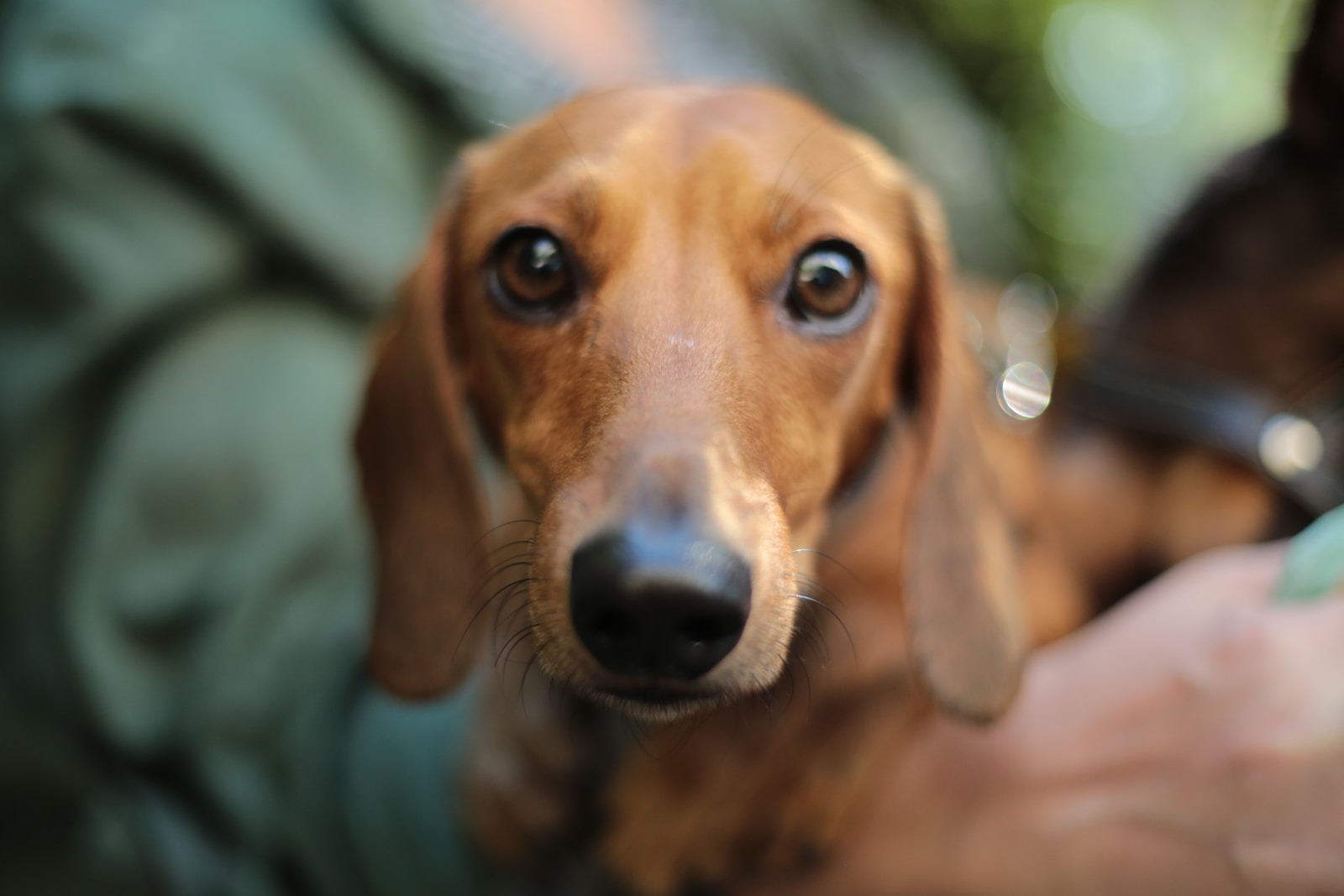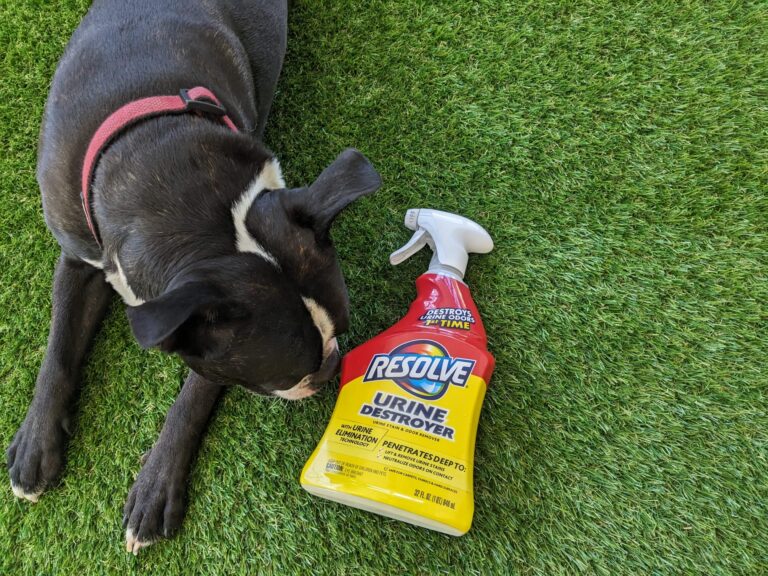10 Common Mistakes Made by First-Time Dog Owners
Welcoming a furry friend into your life is an exciting and rewarding experience. However, being a first-time dog owner comes with its own set of challenges. Navigating the responsibilities of pet ownership may be unfamiliar territory for many. To ensure a smooth transition into dog parenthood, it’s crucial to be aware of common mistakes that first-time dog owners often make. In this article, we’ll explore ten of these pitfalls and provide valuable insights to help you become a responsible and loving dog owner.
Embarking on the journey of welcoming a furry friend into your life is undoubtedly a thrilling and fulfilling experience. The companionship, loyalty, and unconditional love that dogs offer can bring immeasurable joy to any household. However, for those venturing into the realm of pet ownership for the first time, the responsibilities and challenges can be overwhelming.
- Popular mistake – Impulse Adoption
- Neglecting Training – another common mistake
- Inadequate Socialization
- Poor Nutrition – very common mistake
- Lack of Regular Exercise
- Ignoring Veterinary Care- costly mistake
- Overlooking Dog Grooming Needs
- Inadequate Dog Supervision – common beginners mistake
- Mistakes in Ignoring Behavioral Changes
- Neglecting Mental Stimulation for Your Dog
Recognizing that being a first-time dog owner is a learning curve, it becomes essential to familiarize yourself with the common mistakes that many individuals in your position tend to make. These pitfalls can range from overlooking vital aspects of a dog’s physical and mental well-being to underestimating the time and effort required for proper training. By acknowledging these potential missteps, you can proactively work towards avoiding them and, in turn, foster a strong and positive relationship with your canine companion.
In the following sections of this article, we will delve into ten prevalent mistakes made by first-time dog owners, offering valuable insights and practical advice to help you navigate the challenges of pet ownership with confidence. From the importance of proper nutrition and regular veterinary care to the significance of mental stimulation and socialization, we aim to equip you with the knowledge and tools necessary to become a responsible, informed, and loving dog owner.
Remember, the journey of dog parenthood is a two-way street where both you and your furry friend have the opportunity to learn, grow, and create lasting memories together. By approaching this adventure with dedication, patience, and a willingness to continually educate yourself, you can ensure that your new companion receives the care and attention they deserve, making the experience of being a first-time dog owner truly rewarding.
Popular mistake – Impulse Adoption
One of the crucial aspects to be mindful of as a new dog owner is the decision-making process surrounding the adoption of your furry friend. A common misstep is adopting a dog on impulse without conducting thorough research. While the initial excitement of bringing a new companion into your life is understandable, taking the time for careful consideration is paramount.
Before making the commitment to adopt a dog, it’s essential to delve into various factors that will play a significant role in your pet’s well-being and your overall satisfaction as a dog owner. Begin by understanding the diverse traits associated with different dog breeds. Each breed possesses distinct characteristics, including size, energy level, and grooming requirements. Take the time to assess how these attributes align with your lifestyle, living situation, and personal preferences.
Consider the size of the dog you are interested in adopting and whether it is compatible with the space available in your home. A high-energy breed might thrive in an active household where outdoor activities are a regular occurrence, while a more laid-back breed could be better suited to a quieter living environment.
Grooming needs are another factor to take into account. Some breeds may require regular brushing, grooming, and maintenance, which can impact the time and resources you need to allocate for their care. Assess your willingness and ability to meet these grooming demands before making a commitment.
To avoid the common mistake of impulsive adoption, invest time in researching and interacting with different breeds. Attend local shelters or dog adoption events to get a firsthand understanding of various dogs’ temperaments and needs. Consult with experienced dog owners, veterinarians, or professional trainers for valuable insights into the characteristics of specific breeds. By approaching the adoption process with careful consideration and research, you increase the likelihood of finding a canine companion that seamlessly integrates into your life and brings immeasurable joy. Taking the time to understand the unique qualities of different breeds ensures that your decision aligns with your lifestyle, setting the foundation for a fulfilling and harmonious relationship between you and your new furry friend.
Neglecting Training – another common mistake
Embarking on the journey of training your new canine companion is a pivotal aspect of responsible dog ownership, and it is crucial to recognize that this process is ongoing and should commence as early as possible. One of the common pitfalls for first-time dog owners is underestimating the significant time and effort needed to instill basic commands, leash manners, and proper behavior in their furry friends. Training a dog requires a consistent and patient approach. Many first-time owners may not fully grasp the dedication needed to cultivate a well-behaved pet. It’s essential to understand that training is not a one-time event but rather a continuous effort that strengthens the bond between you and your dog while enhancing their adaptability to various situations.
Begin the training process early in your dog’s life to establish a solid foundation for desirable behaviors. Basic commands, such as sit, stay, and come, form the building blocks of effective communication between you and your pet. Leash manners are equally important for both your dog’s safety and the enjoyment of walks together. Consistency is key in reinforcing desired behaviors. Dogs thrive on routine and predictability, so maintaining a consistent approach to training commands and behaviors helps them understand what is expected. Positive reinforcement, which involves rewarding good behavior with treats, praise, or play, is a powerful tool in shaping a dog’s conduct. It fosters a positive association with the desired actions and encourages your dog to repeat them.
As a new dog owner, invest time in researching effective training techniques and consider enrolling in basic obedience classes or seeking guidance from professional trainers. These resources can provide valuable insights and support, ensuring that you approach training with confidence and knowledge. By recognizing that training is an ongoing process that requires dedication, patience, and positive reinforcement, you set the stage for a well-behaved and enjoyable relationship with your furry companion. Embracing the journey of training as a continuous and rewarding experience contributes not only to your dog’s development but also to the strengthening of the unique bond you share.
Inadequate Socialization
Recognizing the social nature of dogs is fundamental for first-time dog owners embarking on the exciting journey of pet ownership. Early socialization plays a pivotal role in the development of a well-adjusted and behaviorally balanced adult dog. Unfortunately, some novice owners may inadvertently overlook the significance of exposing their furry companions to a diverse range of environments, people, and other animals.
Socialization is the process through which dogs learn to navigate and interact with the world around them. It begins during their early developmental stages and continues throughout their lives. Proper socialization involves introducing your dog to various stimuli, such as different environments, noises, people of all ages, and other animals. This exposure helps your dog build confidence, develop appropriate social skills, and become adaptable to different situations.

First-time dog owners might underestimate the impact of a lack of socialization on their pet’s behavior. Without proper exposure, dogs may develop fear, anxiety, or aggression in unfamiliar situations. This can lead to behavioral issues that are challenging to address later in life. To ensure the well-rounded development of your canine companion, prioritize early socialization efforts. Take your dog for walks in different neighborhoods, introduce them to diverse sounds and environments, and arrange positive interactions with other dogs and people. Puppy socialization classes can be particularly beneficial, providing a structured environment for learning and positive experiences. Consistency is key in socialization efforts. Regularly expose your dog to new stimuli and environments, gradually increasing the complexity of these experiences. Ensure that each encounter is positive, rewarding your dog for calm and appropriate behavior. Positive reinforcement helps create positive associations, making your dog more comfortable and confident in various situations. By actively participating in your dog’s socialization journey, you contribute to the development of a well-behaved and socially adept adult dog. The investment of time and effort in early socialization pays off in the long run, fostering a harmonious relationship between you, your dog, and the world they inhabit.
Poor Nutrition – very common mistake
Ensuring the optimal health of your canine companion begins with the provision of a balanced and nutritious diet. However, for first-time dog owners, the task of selecting the right food for their furry friend can be fraught with challenges. A common mistake involves unknowingly choosing inappropriate or low-quality dog food, which can have profound implications for the overall well-being of the pet. Understanding that each dog is unique, with specific dietary needs based on factors such as breed, age, and health condition, is paramount. Some novice owners may not be aware of the essential nutrients required to support their dog’s growth, energy levels, and overall health. This lack of knowledge can inadvertently lead to the selection of dog food that may be lacking in vital components or, conversely, overly rich. To navigate this aspect of pet care successfully, it is highly advisable for first-time dog owners to seek professional guidance. Consulting with a veterinarian can provide invaluable insights into your dog’s specific dietary requirements. Veterinarians can offer personalized recommendations based on factors such as breed, age, weight, activity level, and any existing health conditions.
Veterinarians can also help decipher the often-confusing information on dog food labels, ensuring that the chosen diet meets or exceeds the nutritional standards set for your dog’s well-being. Whether you’re considering commercial dog food or exploring homemade options, veterinarians can provide tailored advice to meet your pet’s unique needs. In addition to seeking professional guidance, educate yourself on the basics of canine nutrition. Understand the importance of essential nutrients such as protein, fats, carbohydrates, vitamins, and minerals in your dog’s diet. This knowledge empowers you to make informed decisions about the food you provide for your pet. By proactively consulting with a veterinarian and educating yourself about canine nutrition, you lay the foundation for a healthy and balanced diet tailored to your dog’s specific requirements. This commitment to proper nutrition contributes significantly to your pet’s overall health and longevity, ensuring that your canine companion thrives under your care.
Lack of Regular Exercise
Recognizing the importance of regular physical activity is key to ensuring the overall well-being of your canine companion. However, first-time dog owners might inadvertently underestimate the exercise needs of their furry friends, potentially leading to issues such as boredom and destructive behavior. Establishing a consistent exercise routine tailored to your dog’s energy level and breed characteristics is crucial for their physical health and mental stimulation. Dogs, irrespective of their size or breed, have a natural instinct for physical activity. Regular exercise not only helps them maintain a healthy weight but also stimulates their minds, preventing boredom-related behaviors such as chewing, digging, or excessive barking.
To address this common oversight, it’s essential for first-time dog owners to be proactive in understanding their pet’s exercise requirements. Different breeds have varying energy levels, and a one-size-fits-all approach to exercise may not be effective. Research your dog’s breed characteristics to gain insights into their typical activity levels and preferences. Creating a consistent exercise routine involves incorporating activities that align with your dog’s energy level and individual needs. High-energy breeds may thrive on activities such as running, agility training, or interactive play, while more laid-back breeds may prefer leisurely walks and gentle games. Consistency is key in maintaining a healthy exercise routine. Establish a daily schedule that includes dedicated time for physical activity. This not only provides structure for your dog but also strengthens the bond between you and your furry friend. Outdoor activities, such as hikes or visits to a dog park, offer additional mental stimulation and socialization opportunities.
It’s important to note that the amount of exercise needed can vary based on factors such as age, health condition, and individual preferences. Regular veterinary check-ups can help assess your dog’s overall health and determine an appropriate exercise regimen. By being mindful of your dog’s exercise needs and incorporating a consistent routine into your daily life, you contribute to their physical well-being and mental satisfaction. A well-exercised dog is not only healthier but also more content, making for a harmonious and enjoyable relationship between you and your four-legged companion.
Ignoring Veterinary Care- costly mistake
Regular veterinary care is a cornerstone of responsible dog ownership that should never be overlooked. It involves scheduling routine check-ups to proactively monitor your dog’s health and promptly identify any potential issues. Neglecting vaccinations, dental care, and preventive measures can lead to more severe health problems in the future. Cultivating a strong partnership with your veterinarian is essential. It not only ensures that your dog receives timely and appropriate medical attention but also allows for the creation of a comprehensive healthcare plan tailored to your pet’s specific needs. Make a commitment to schedule routine vet appointments and address any concerns immediately. Remember, early intervention plays a pivotal role in maintaining the overall well-being of your beloved canine companion.
Overlooking Dog Grooming Needs
Understanding and addressing your dog’s grooming needs are pivotal aspects of responsible pet care. Different dog breeds come with unique grooming requirements, and first-time owners may not initially grasp the significance of consistent grooming practices. This encompasses regular brushing to prevent matting, nail trimming to avoid discomfort, and dental care for optimal oral hygiene. Educate yourself on the specific grooming needs of your dog, taking into consideration factors such as coat type, length, and breed characteristics. Establishing and adhering to a consistent grooming routine not only contributes to your dog’s aesthetic well-being but also plays a crucial role in maintaining their overall health and contentment.
Inadequate Dog Supervision – common beginners mistake
Providing adequate supervision is a fundamental aspect of ensuring your dog’s safety and the well-being of those around them. First-time owners may underestimate the critical importance of continuous vigilance, especially in unfamiliar environments. Leaving a dog unattended can result in accidents and undesirable behaviors. To foster a sense of trust and security, create a safe and secure environment for your dog. Gradually increase their freedom as they demonstrate responsible behavior, ensuring a gradual acclimatization to their surroundings. This approach not only minimizes the risk of situations that could harm your dog or others but also establishes a foundation for a harmonious relationship built on trust and positive reinforcement.
Mistakes in Ignoring Behavioral Changes
Understanding your dog’s behavior is a cornerstone of responsible pet ownership. First-time owners may inadvertently miss important cues that signify discomfort, anxiety, or potential health issues. Dogs communicate through their actions, and paying close attention to any sudden changes in behavior, eating habits, or energy levels is crucial. Regular observation allows you to detect and address potential problems before they escalate. Prompt response to behavioral changes involves seeking professional advice from a veterinarian or a qualified dog behaviorist when necessary. This proactive approach not only ensures your dog’s mental and physical well-being but also strengthens the bond between you and your pet.
Neglecting Mental Stimulation for Your Dog
In addition to regular physical exercise, providing adequate mental stimulation is paramount for the holistic well-being of your dog. First-time owners may not fully grasp the significance of engaging their dogs’ minds in addition to their bodies. Incorporating puzzle toys, interactive games, and regular training sessions into your routine stimulates your dog mentally, preventing boredom-related behavior problems. Mental stimulation is not just a luxury but a necessity to keep your dog mentally sharp, satisfied, and well-behaved. Investing time and effort in providing intellectual challenges contributes significantly to your dog’s overall contentment and well-being, enriching the quality of the bond you share.
Being a first-time dog owner is a learning experience filled with joy and challenges. By being aware of these common mistakes, recent college graduates can embark on their journey into dog parenthood with confidence and provide their furry companions with the love, care, and attention they deserve. Remember, a well-informed and committed owner creates a happy and well-balanced dog.






